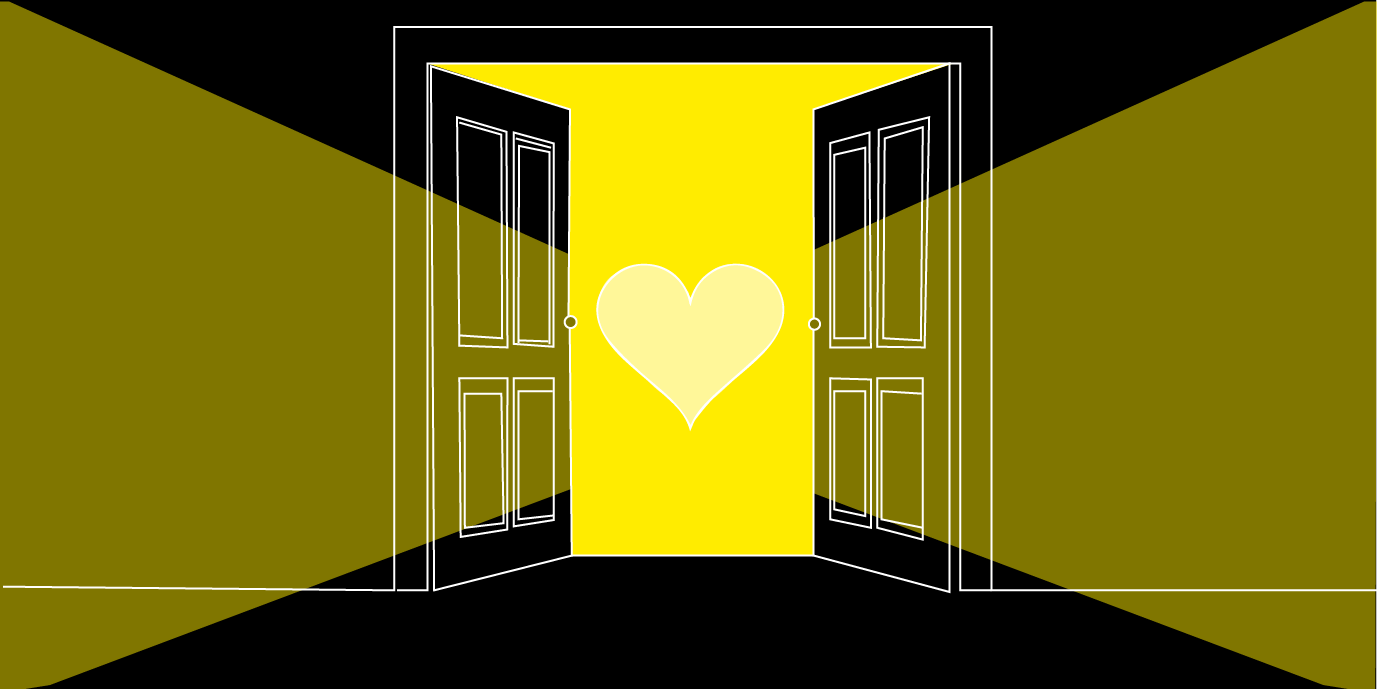Feminism 101: What are Safe Spaces?
Safe spaces benefit inhabitants by directly addressing their specific needs, which often go unseen and unheard in daily life.

Illustration by Jenny Dodge
Whether the term “safe space” conjures an image of an overly-sensitive “snowflake” or a open setting for constructive dialogue likely depends on where you fall on the political spectrum. Safe spaces, often misrepresented as sheltering their inhabitants and stifling outsiders’ opinions, are generally intended by their creators to encourage identity-focused conversation without risk of physical or emotional harm.
Safe spaces frequently appear in discussions about free speech on college campuses. In a 2016 letter to incoming freshman, a University of Chicago dean wrote that the school did “not condone the creation of intellectual ‘safe spaces’ where individuals can retreat from ideas and perspectives at odds with their own.” This letter sparked a series of reactionary think piece from fellow academics, students, and essentially anyone with access to the internet.
Despite its common association with university campuses, the definition of safe spaces varies depending on context. According to social work professors Lynn Holley and Sue Steiner, safe space can be a classroom that welcomes all identities and promotes open expression without backlash. Alternatively, a safe space can be established to provide safety for victims of domestic or gender-based violence, creating a secure location for them to feel protected from their abuser and have access to resources such as counseling.
For many people, safe spaces are needed in everyday circumstances. Gender-neutral restrooms provide places for people of all gender identities to comfortably use the bathroom without fear of harassment. University open mic nights can foster non-judgmental spaces for dialogue, support, and empowerment between students. Gay bars are often considered safe spaces for queer people to freely express themselves in an accepting environment. Each of these spaces benefits its inhabitants by directly addressing their specific needs, which often go unseen and unheard in daily life.
Due in part to the aforementioned political rift, safe spaces have their opponents. People on the far-right, whose view of colleges has become less favorable in recent years, tend to be the loudest in their disapproval. These critiques range from the perceived repression of free speech to the mocking of safe spaces as childish.
However, critics can still be found in all corners of the political spectrum, voicing their fears that a campus with safe spaces is inherently one without any form of disagreement. Such detractors should take a moment to consider their personal privilege and whether or not they have benefitted from safe spaces of their own in the past. Furthermore, it should be clear that just because a campus hosts safe spaces for its students does not mean that the entire university is closed off from all forms of debate.
Regardless of the association one may have with safe spaces, most people can agree that respecting others is an important value to uphold. Safe spaces provide people with a place free from the seemingly-constant hostility going on everywhere else. Although it is necessary to continuously question the world around us and talk with those who hold differing viewpoints, ultimately our wellbeing should come first. If that means taking time to heal in a safe space, then no one should deny that right.




